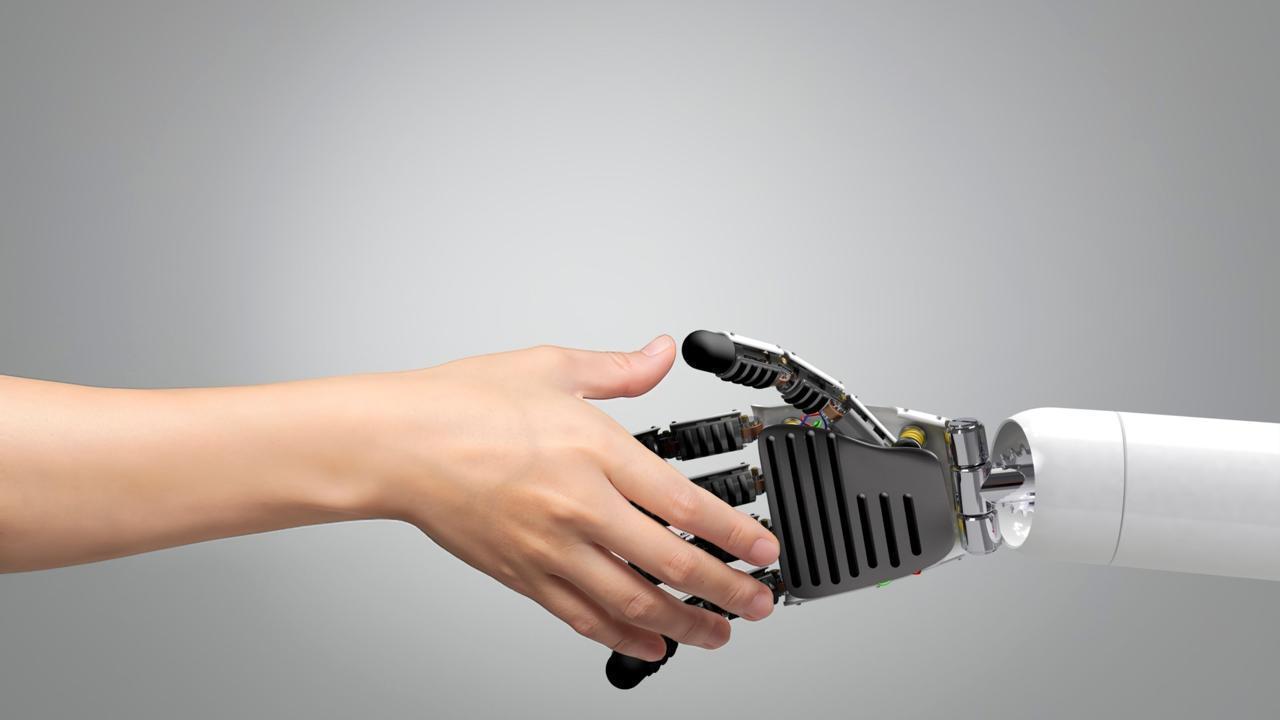
Post by : Vansh
In today’s fast-paced world, artificial intelligence (AI) is no longer a futuristic concept. It’s already here, shaping how we live, work, learn, and even think. From voice assistants and self-driving cars to AI-generated art and business automation, the presence of AI is growing rapidly. But with this rise comes a vital question—AI vs. Humanity: A Future of Collaboration or Competition?
Are humans and AI destined to work side by side, improving each other’s strengths? Or are we facing a silent battle where one will replace the other? The answer lies in how we understand, adopt, and regulate the use of AI.
Artificial intelligence has advanced by leaps and bounds over the past decade. It now powers everything from online shopping recommendations to complex medical diagnoses. Tools like ChatGPT can generate entire conversations and content, while platforms like Midjourney or DALL·E can create stunning visuals from just a few words.
Businesses use AI to save time, cut costs, and increase efficiency. Governments use it to predict trends, ensure security, and manage public data. Even in schools, AI helps tailor learning experiences for students.
The growing capabilities of AI bring both excitement and concern. On one hand, it allows for quicker innovation and better services. On the other hand, it raises ethical issues, including job displacement, data privacy, and decision-making without human oversight.
One of the most common fears people have is that AI will take over human jobs. To some extent, this is already happening. Machines and algorithms are now doing tasks that once required human labor—from cashiers and customer service reps to translators and even financial advisors.
However, this shift doesn’t always mean total replacement. In many industries, AI is taking over repetitive, boring, or dangerous tasks. This allows humans to focus on more creative, emotional, or strategic work—areas where machines still struggle.
For example, in healthcare, AI can quickly read thousands of medical scans, but it still takes a human doctor to make the final decision and offer emotional support. In journalism, AI can draft reports, but human editors are needed to add depth, context, and narrative flair.
The idea of AI vs. humanity doesn’t always need to mean conflict. In many cases, it can mean partnership. By combining the speed and power of machines with human intelligence, creativity, and empathy, we can achieve results far beyond what either could do alone.
In education, AI can personalize learning plans for students, while teachers guide emotional and social development. In business, AI handles data and analytics, and humans make strategic decisions based on those insights.
Even in creative fields, AI can act as a tool rather than a threat. Artists, writers, and musicians are already using AI to explore new styles, generate inspiration, and push the limits of their creativity. The key is maintaining human input and originality.
Despite the positive potential, competition between AI and humans is a real concern in several areas. As AI becomes more advanced, some fear that it could outpace human thinking, leading to decisions we don’t fully understand or control.
The risks are especially high in areas like military defense, surveillance, and finance. If AI is given too much freedom without clear rules and human supervision, it could cause unintended harm.
There’s also the problem of inequality. As AI tools become more powerful, only a few large companies or countries may have access to them, widening the gap between rich and poor, powerful and powerless.
To ensure a balanced future, the world needs clear guidelines and ethical standards for AI development. Companies must be transparent about how their AI tools work. Governments must put regulations in place to protect privacy and prevent misuse.
More importantly, we need to include a wide range of voices—scientists, artists, teachers, workers, and everyday people—in discussions about how AI should be used. This ensures that technology is developed not just for profit or speed, but for the good of all humanity.
One of the best ways to reduce fear and increase collaboration is through education. By teaching people how AI works, what it can and cannot do, and how to use it responsibly, we empower society.
Schools, colleges, and even workplaces should offer training in AI tools and ethics. Understanding AI helps people see it not as a threat but as an opportunity—something that can help them do more, not less.
The answer depends on us. AI is a tool—neither good nor bad by itself. Whether it becomes a helpful partner or a dangerous rival will depend on how we choose to build, control, and interact with it.
The future of AI vs. humanity is not just about technology. It’s about values, choices, and the kind of world we want to create. With the right balance of innovation and ethics, AI can help us build a smarter, fairer, and more connected future.
The content in this article is intended for informational purposes only and reflects general insights on the evolving relationship between AI and humanity. It should not be considered professional or legal advice. Readers are encouraged to stay updated through official sources and make informed decisions. This article is published in good faith by MiddleEastBulletin and does not claim absolute accuracy as technology and policies continue to evolve.
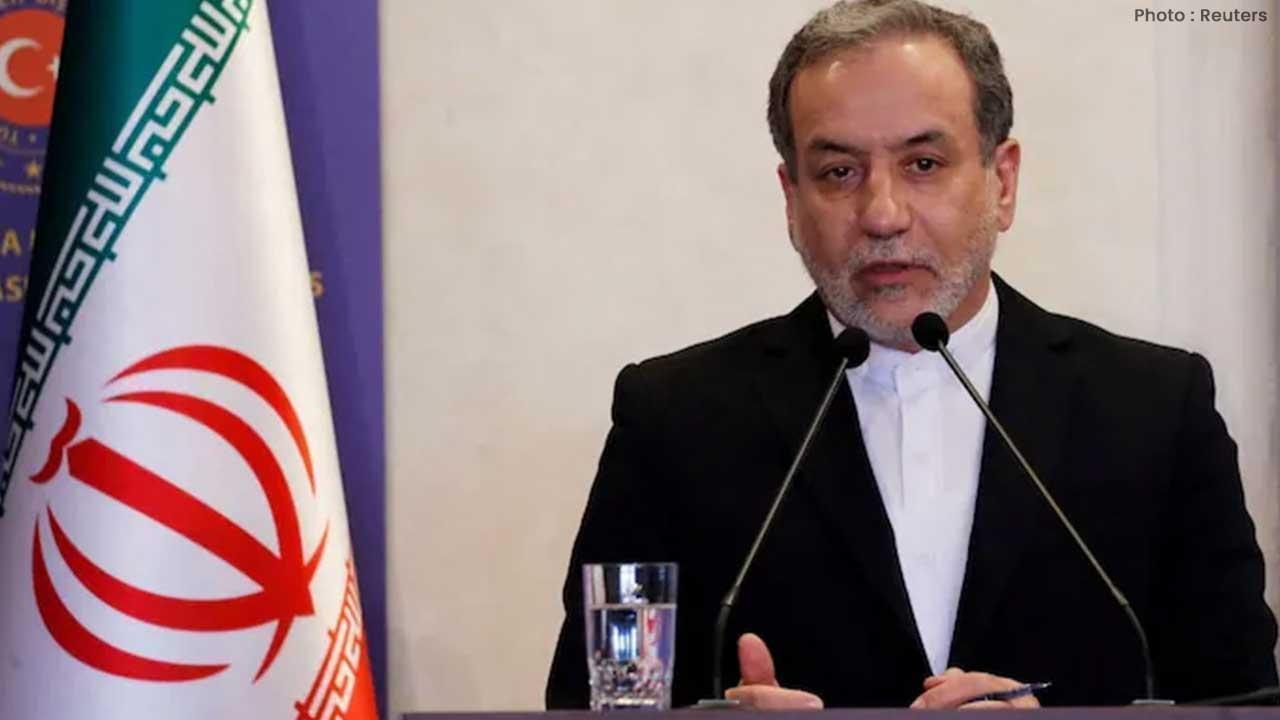


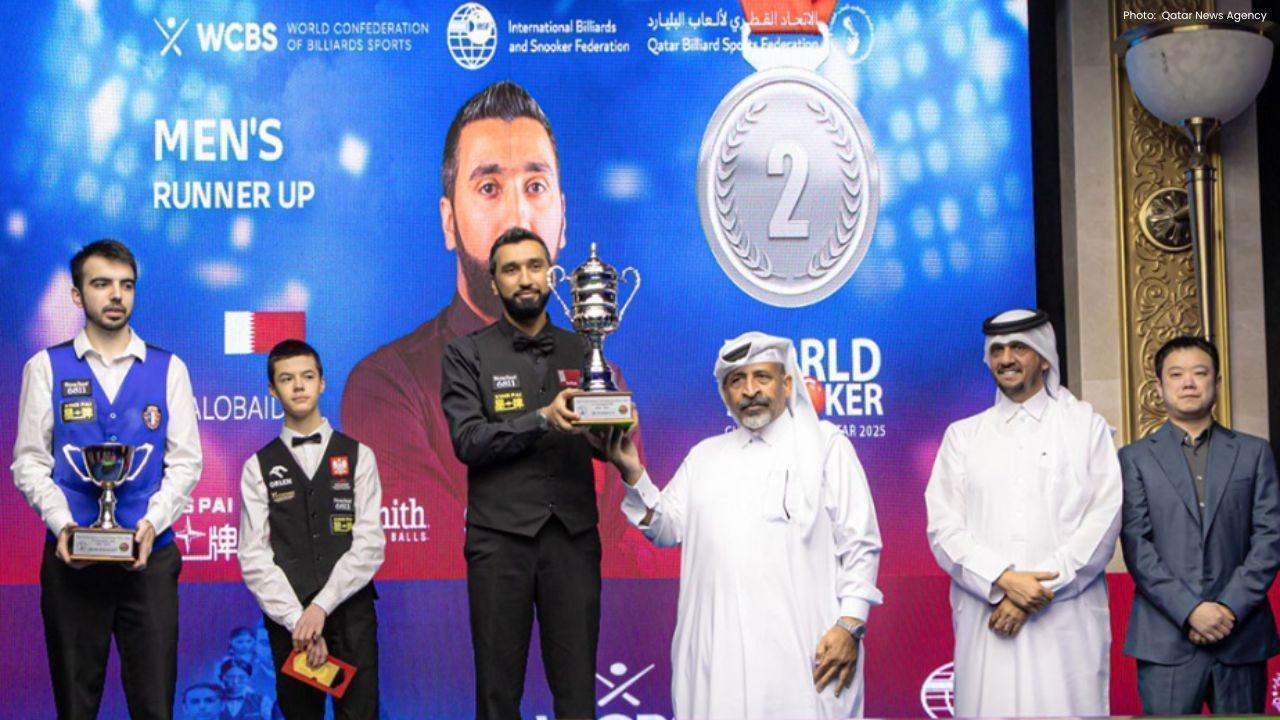
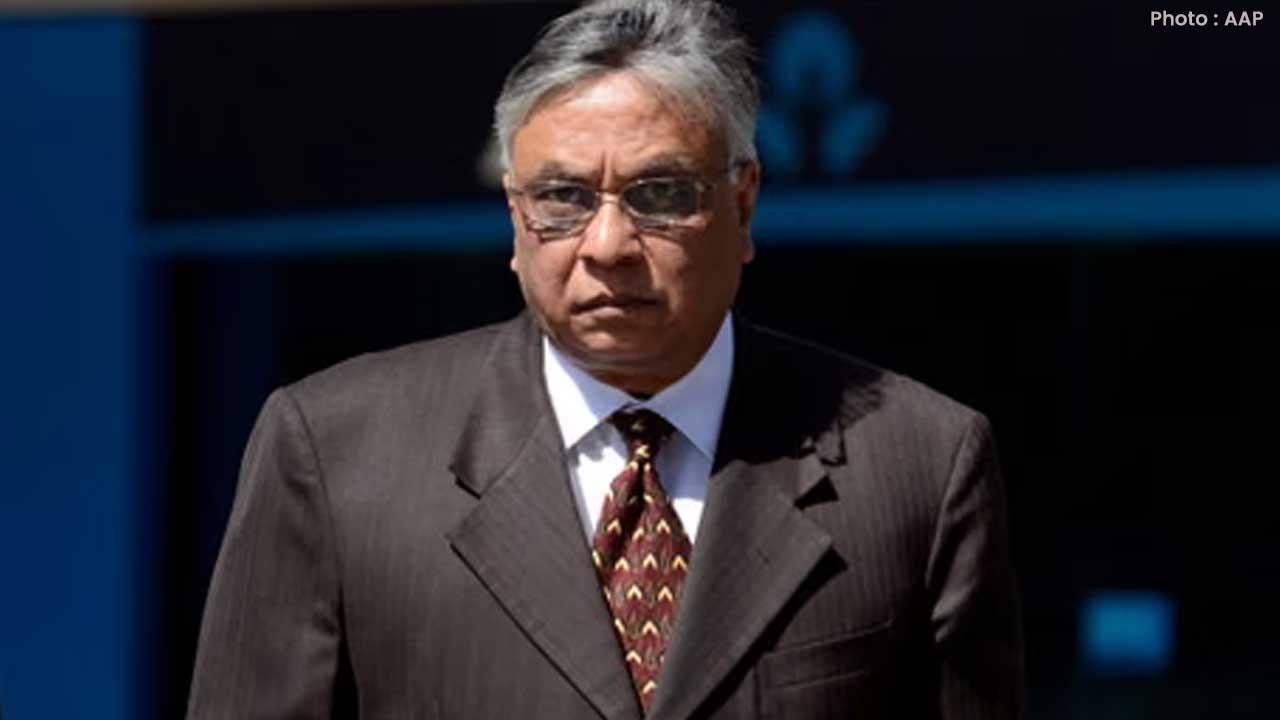


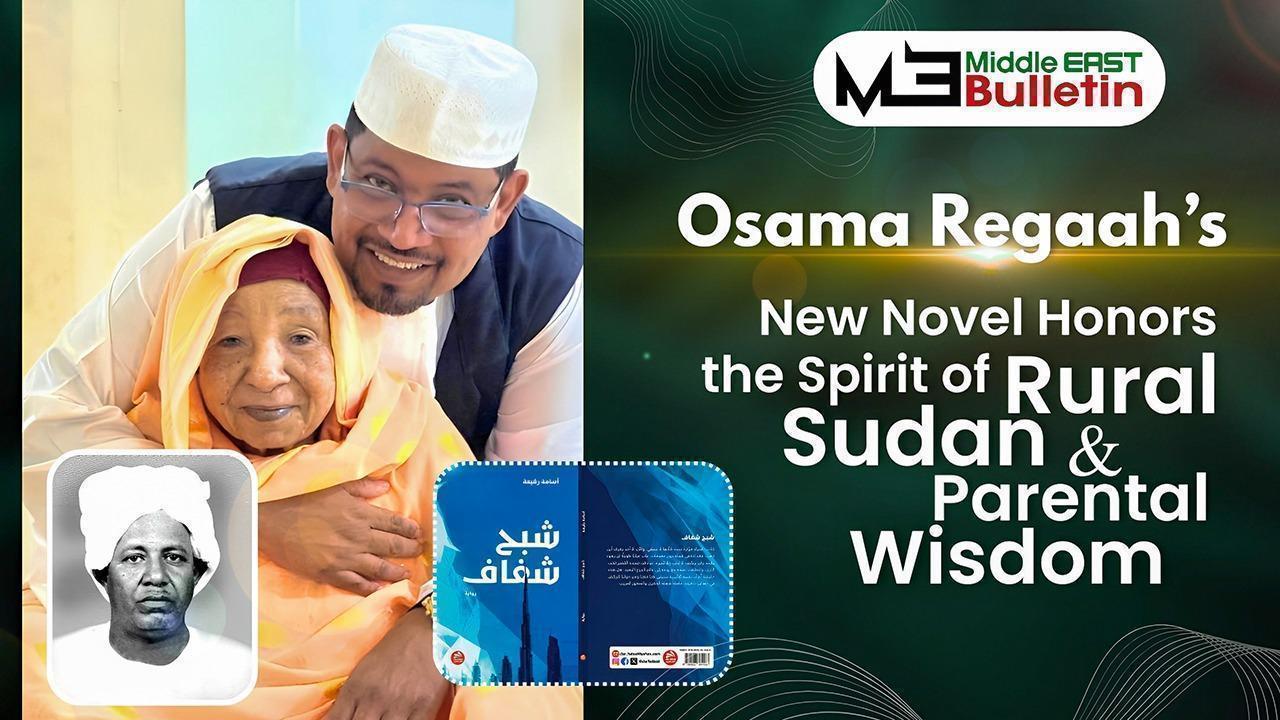


Portugal Confronts Ireland in Pivotal World Cup Qualifier
Portugal, led by Cristiano Ronaldo, faces Ireland in a vital Group F World Cup qualifier that could

Haaland's Brilliance Leads Norway to 4-1 Victory Against Estonia
Erling Haaland showcases leadership as Norway crushes Estonia 4-1, boosting their World Cup ambition

Hawks Triumph Over Jazz; Suns and Raptors Secure Victories
Hawks' Onyeka Okongwu and Jalen Johnson lead in a thrilling win against Jazz; Suns and Raptors also

Indian Men's Recurve Team Clinches First Asian Gold in Nearly Two Decades
The Indian men's recurve team triumphed over South Korea, securing their first Asian gold in 18 year

Kolkata Knight Riders Hire Tim Southee as Bowling Coach for IPL 2026
KKR welcomes Tim Southee as their new bowling coach for IPL 2026, aiming to enhance their bowling st

Young Indian Talents Gear Up for Asia Cup Rising Stars 2025
India A is set to start the Asia Cup Rising Stars 2025 with promising talents like Suryavanshi and A